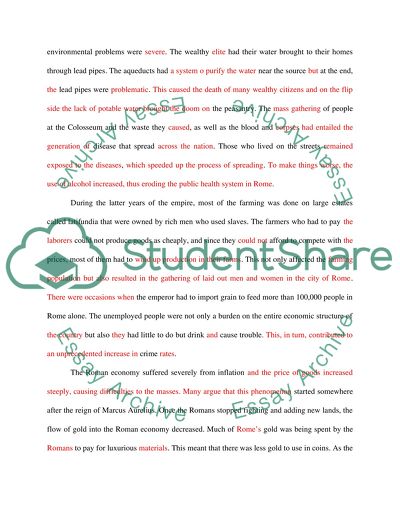Cite this document
(“The Debate on what caused Rome to fall the most Essay”, n.d.)
Retrieved from https://studentshare.org/english/1623235-the-debate-on-what-caused-rome-to-fall-the-most
Retrieved from https://studentshare.org/english/1623235-the-debate-on-what-caused-rome-to-fall-the-most
(The Debate on What Caused Rome to Fall the Most Essay)
https://studentshare.org/english/1623235-the-debate-on-what-caused-rome-to-fall-the-most.
https://studentshare.org/english/1623235-the-debate-on-what-caused-rome-to-fall-the-most.
“The Debate on What Caused Rome to Fall the Most Essay”, n.d. https://studentshare.org/english/1623235-the-debate-on-what-caused-rome-to-fall-the-most.


